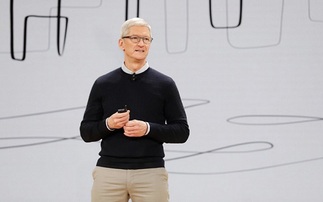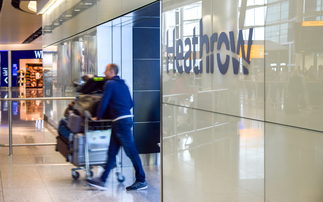'What you've done in two years has taken us about 17,' says former Whitehouse cyber security co-ordinator
The government has launched a Whitehall and industry partnership to share information and intelligence on cyber threats. A pilot of the Cyber Security Information Sharing Partnership (CISP) was ...
To continue reading this article...
Join Computing
- Unlimited access to real-time news, analysis and opinion from the technology industry
- Receive important and breaking news in our daily newsletter
- Be the first to hear about our events and awards programmes
- Join live member only interviews with IT leaders at the ‘IT Lounge’; your chance to ask your burning tech questions and have them answered
- Access to the Computing Delta hub providing market intelligence and research
- Receive our members-only newsletter with exclusive opinion pieces from senior IT Leaders






















